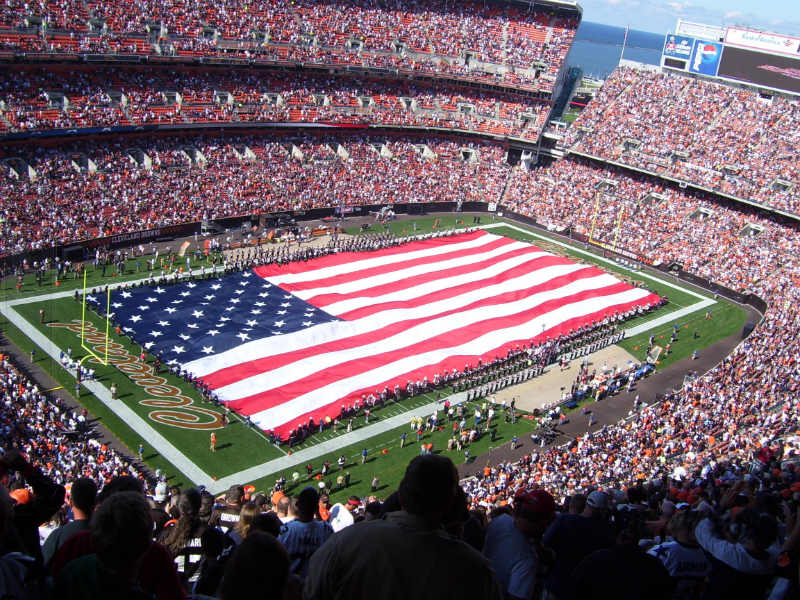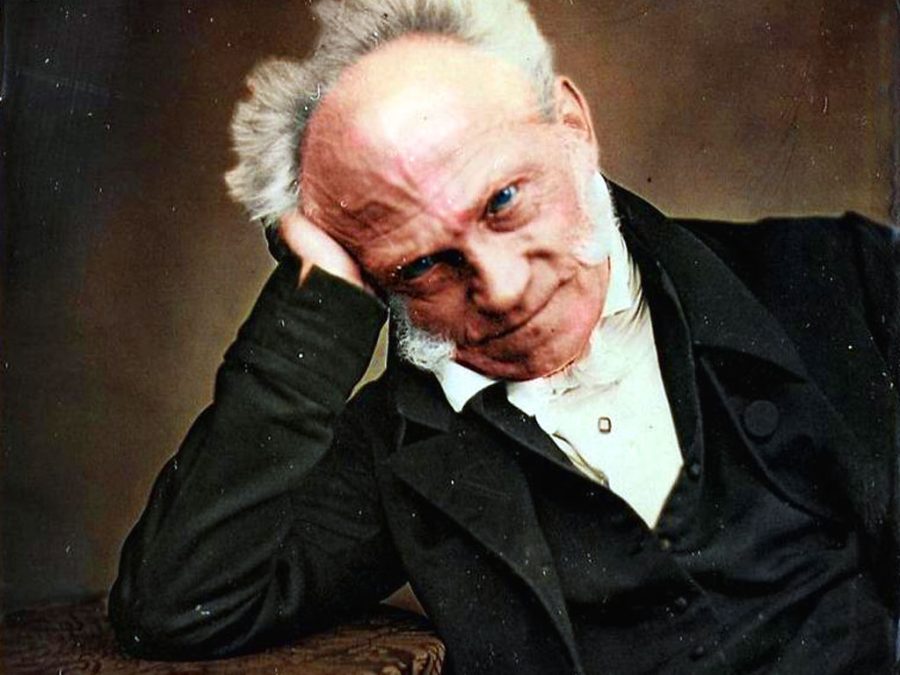By Mickey Masterson ’17, Perspectives Section Editor
49ers quarterback Colin Kaepernick has sparked a national debate over his refusal to stand during the playing of the national anthem at NFL games. His purpose in doing so is to protest what he describes as the racial injustice our country is suffering from. Originally, he sat while the anthem played, but he has since adopted the slightly more respectful position of kneeling. Since he first started this act of rebellion, many other athletes have joined him. As the freedom of speech is among our principal rights as citizens, the question is not whether Kaepernick can do this, but rather should he do this.
Due to the First Amendment to the Constitution, we have practically unlimited freedom of speech. While, for pragmatic reasons, you cannot falsely shout “Fire!” in a crowded theater, we are free to express our own beliefs and ideals. For this invaluable liberty, we must also tolerate those who hold different, less-popular worldviews; with freedom of speech comes the freedom to burn flags or loudly express racist remarks. Because of this sizable gray area that’s up to interpretation, we should never mistake what’s explicitly stated in the law for instruction of moral behavior. The act of sitting out the national anthem is certainly harmless, but it poses a question into the implications of such an act and whether athletes should use their high-profile status as a platform to advocate for socio-political issues.
Assuredly, Kaepernick and those following his lead have very noble intentions, as their cause is a very relevant and pressing issue. Kaepernick has claimed he’ll stand when he “feels like that flag represents what it’s supposed to represent.” Personally, I feel he is selecting the wrong target. Yes, our country is far from perfect, but in all honesty, nothing is. While we have many proud moments in our history, there are also are ugly realities that have always been present in our society. For example, when the Constitution was written, we became the first truly democratic republic in the world, yet this nation was founded on stones set in by slaves. We have come a long way since then. I do not mean to mitigate the issues with racism that our country still faces today when I say that now is one of the most tolerant periods that our country has experienced. The playing of the national anthem is not the time nor place for a protest. By the very nature of this protest, it stirs up controversy because of its shock value. Due to some people’s deep-seeded reverence for the flag, this act will not only upset them, but also make them refuse to see the point of your challenge. While refusing to stand during the national anthem sends a loud message, this act will decisively turn many people off to the ideals Kaepernick is fighting for.
Regardless, the flag symbolizes something greater than any modern debate. It does not stand for the current state of our country; it stands for our nation’s triumphs: it stands for Kaepernick’s very right to protest the anthem. That’s not even mentioning the heroic sacrifices of those serving in the military to whom the anthem means a great deal (although veterans are split into those who support Kaepernick and those who do not). While we are not a perfect country, critics of America tend to forget that at the very least, we are free to express our own opinions concerning our country.
I defend Kaepernick’s right to sit during the national anthem, however, I am skeptical of his choice of doing so. But, I also do not support blind patriotism. I believe in the ability of people to criticize the system. I believe in a nation with a well-informed, active citizenry that takes part in shaping the course of their country, but still gives respect where respect is due.












